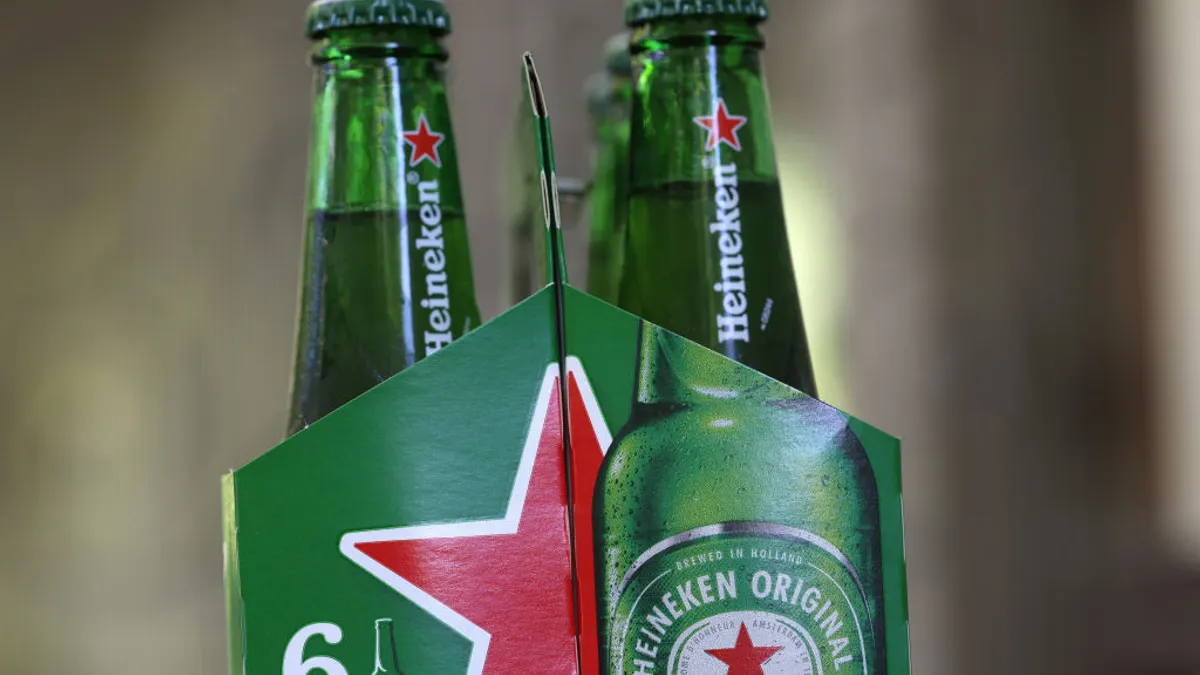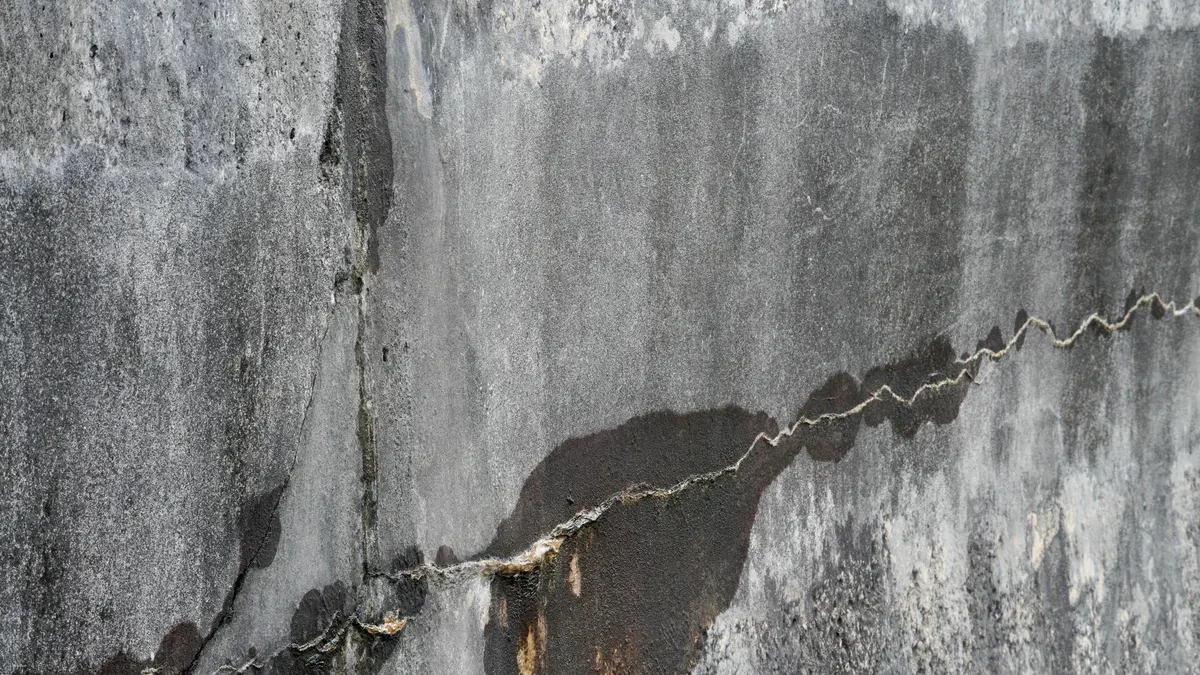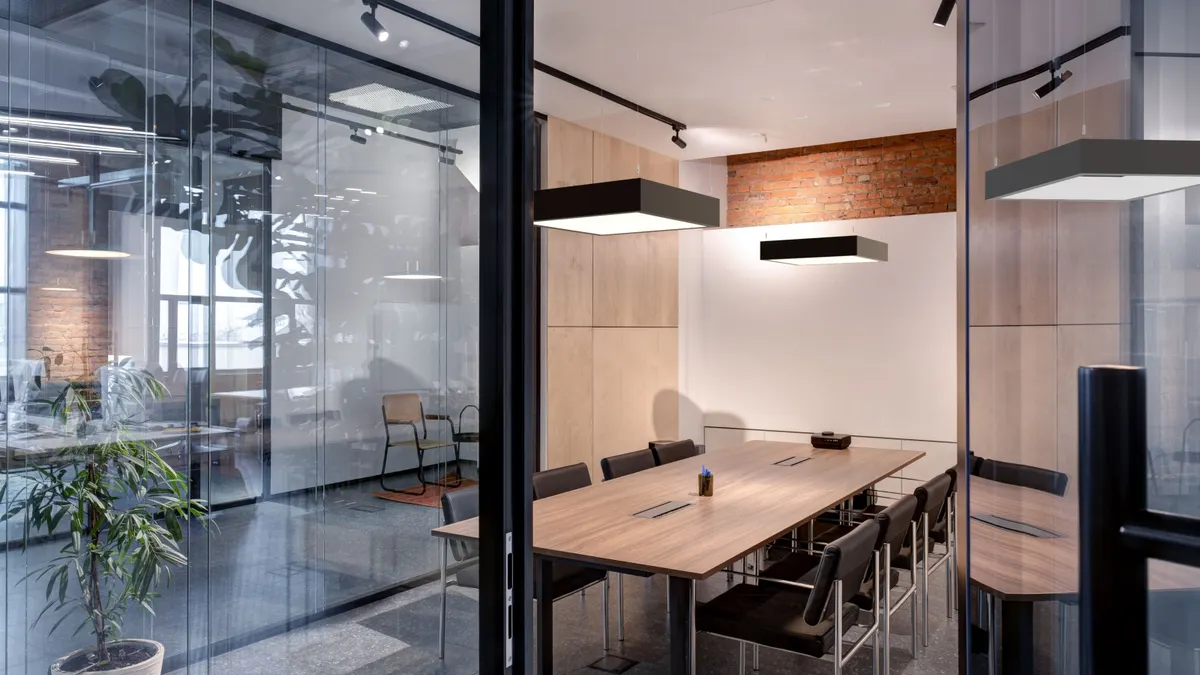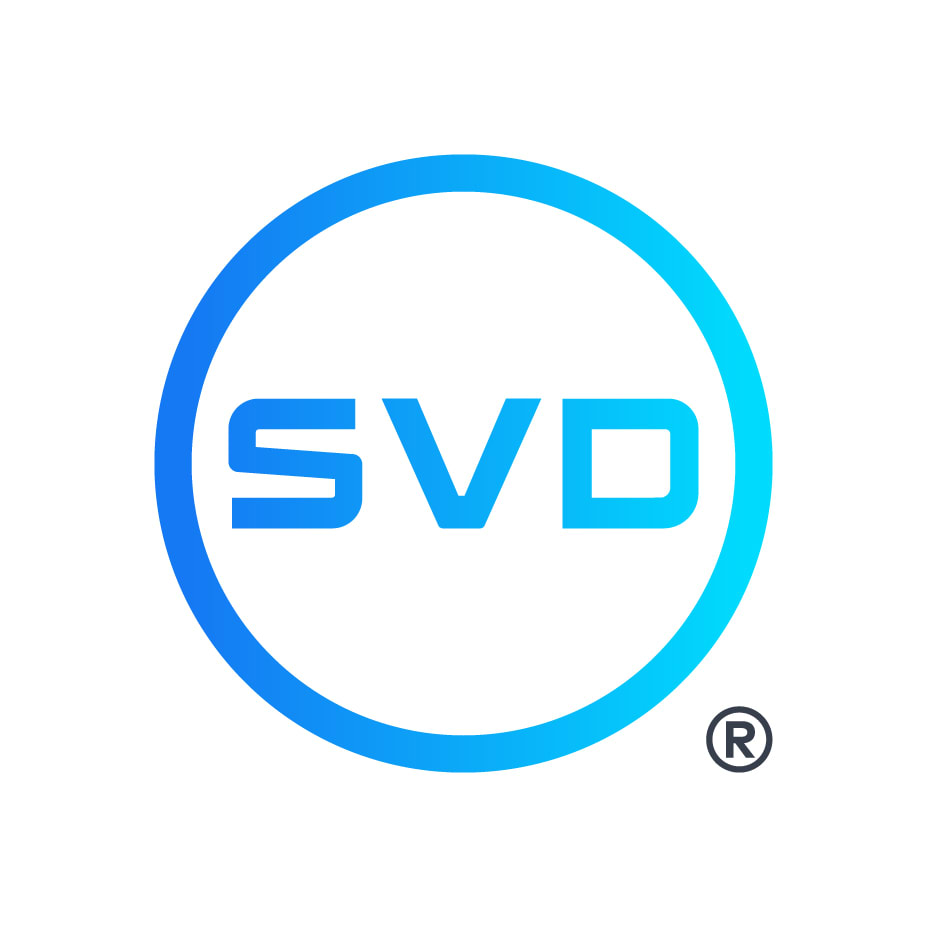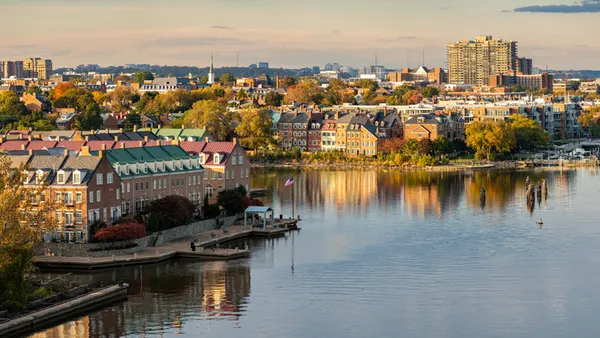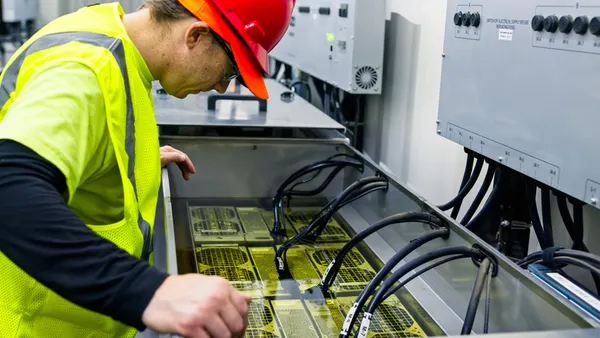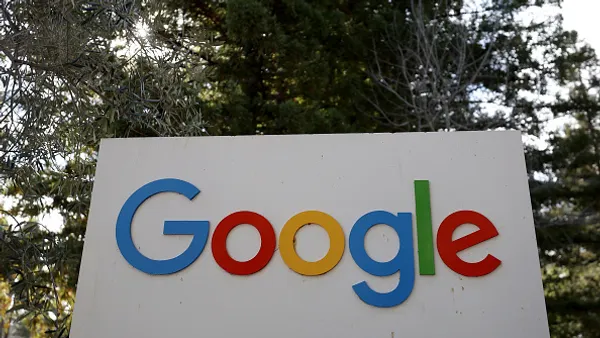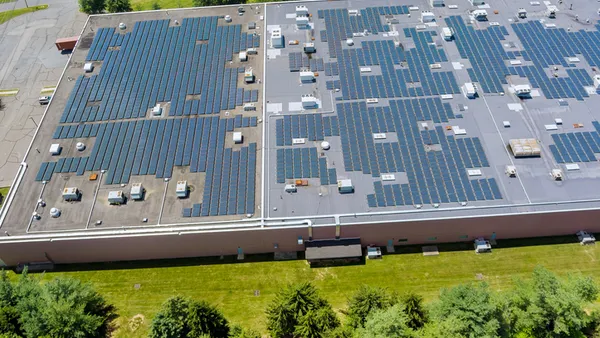Dive Brief:
- Heineken has entered a partnership to install a heat battery system powered by renewable energy in its brewery and malting plant near Lisbon, Portugal in a bid to decarbonize its operations, the company announced Monday.
- Industrial heat solutions company Rondo Energy and energy producer EDP will provide Heineken with a “heat-as-a-service” model, allowing it to reduce carbon emissions generated at the plant without changing how its beer is brewed.
- As part of the agreement, EDP will install a 7 megawatt-peak solar plant at Heineken’s Central de Cervejas e Bebidas brewery, which will power Rondo’s heat battery. Rondo’s 100 megawatt-hour battery will convert and store the renewable electricity as high-temperature heat and supply continuous zero-carbon steam for Heineken’s production processes.
Dive Insight:
In addition to being powered by the onsite solar plant, the battery will also be charged with renewable electricity from the grid. This arrangement is made possible through a long-term flexible power purchase agreement between Heineken’s plant and EDP. The PPA will provide 25 gigawatt-hours of renewable energy annually, permitting the Dutch brewer to maximize the volume of clean energy available to it, according to EDP.
The solar and thermal storage system is scheduled to go online at the Portugal brewery in April 2027, pending administrative and regulatory approvals.
The system is poised to be one of the largest heat batteries in the beverage sector globally and is designed to cut or eliminate the brewing industry’s dependence on traditional fossil fuel boilers, the companies said. The partnership will also contribute to transforming Heineken’s Portugal facility into “one of the most sustainable production centers in the world by operating with clean, zero-emission steam,” according to EDP.
“By combining our strengths with EDP and Rondo, we’re unlocking new ways to power our brewery operations more efficiently,” Heineken Chief Supply Chain Officer Magne Setnes said in a Nov. 3 release. “This project not only helps us reduce our reliance on conventional energy, it shows how practical innovation and strong partnerships can deliver meaningful improvements across our supply chain.”
Heineken has a goal to achieve net-zero status across its supply chain — inclusive of scope 1, 2 and 3 emissions — by 2040.
The multinational beverage company — which has a portfolio of over 500 brands, including its namesake pale lager beer — said the system is also a “replicable model” that can be used by other energy-intensive sectors like food and beverage, chemicals and pharmaceuticals, and pulp and paper.



